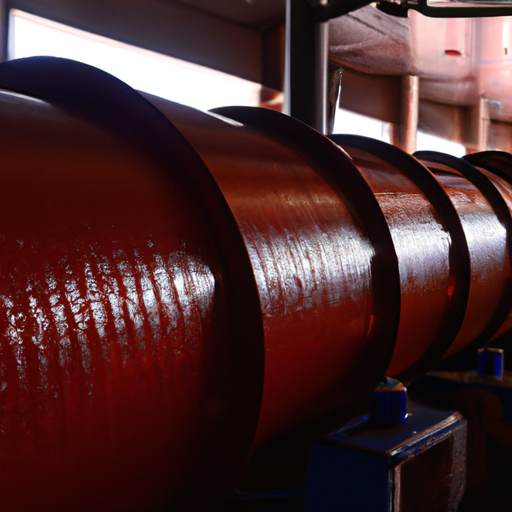The mainstream production process of resistors typically includes the following steps:

2. Cutting: Cutting the resistor materials into appropriate sizes and shapes.
3. Forming: Shaping the resistor materials into the required shape through pressing or injection molding.
4. Welding: Welding wires to the ends of the resistor materials for connection to the circuit.
5. Sintering: Sintering the formed resistors at high temperatures to ensure stable resistance characteristics.
6. Testing: Testing the resistance value and other performance parameters of the produced resistors to ensure quality compliance.
7. Packaging: Packaging the tested and qualified resistors for transportation and sale.
The mainstream production process of resistors typically includes the following steps:

2. Cutting: Cutting the resistor materials into appropriate sizes and shapes.
3. Forming: Shaping the resistor materials into the required shape through pressing or injection molding.
4. Welding: Welding wires to the ends of the resistor materials for connection to the circuit.
5. Sintering: Sintering the formed resistors at high temperatures to ensure stable resistance characteristics.
6. Testing: Testing the resistance value and other performance parameters of the produced resistors to ensure quality compliance.
7. Packaging: Packaging the tested and qualified resistors for transportation and sale.








